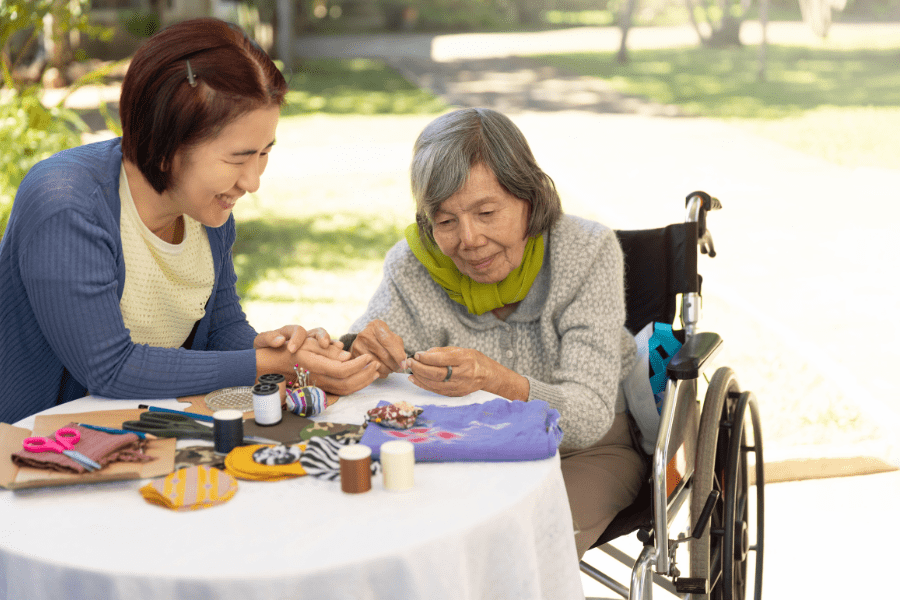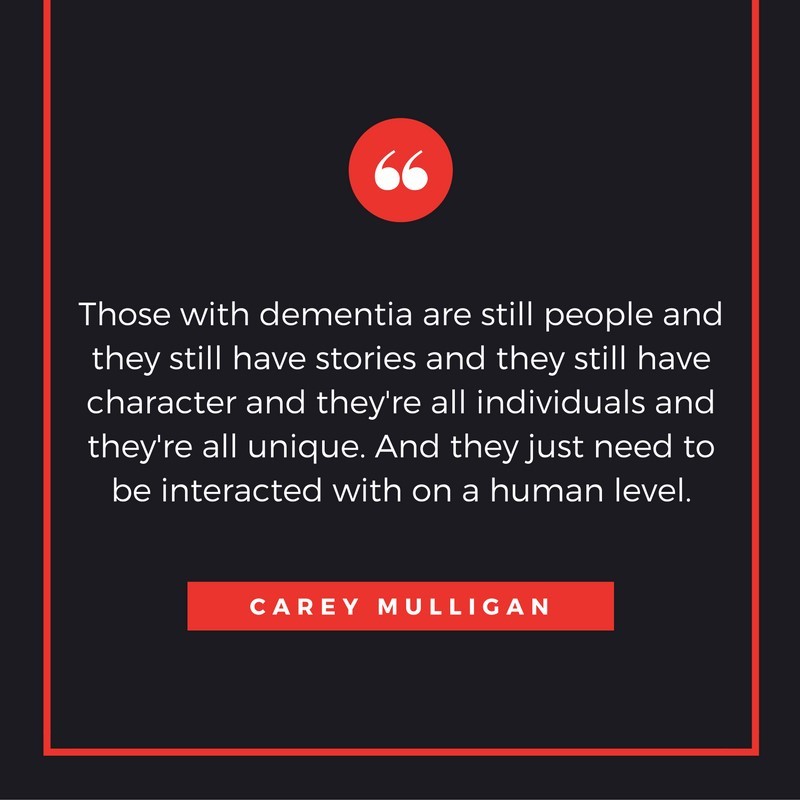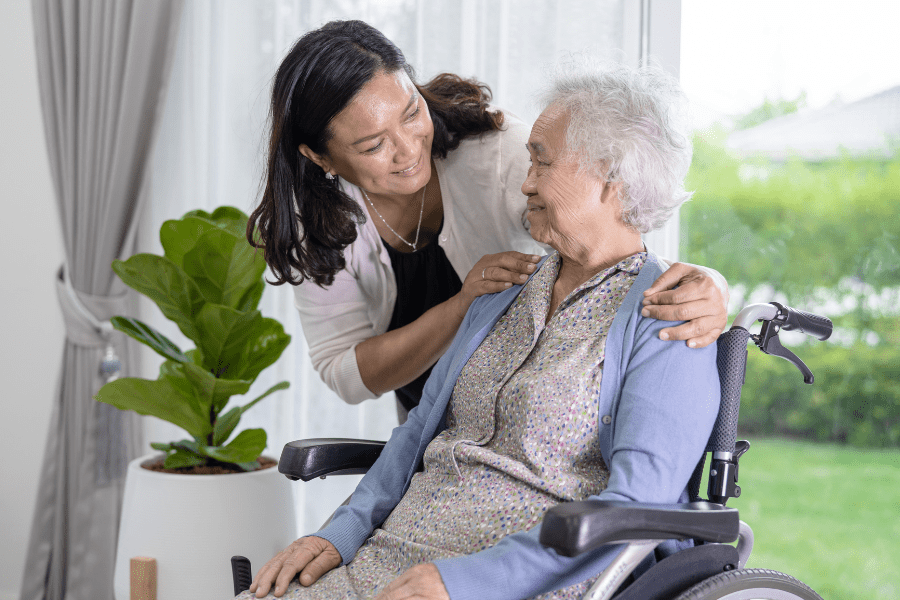Alzheimer’s and dementia are terrible diseases. They turn people who are otherwise mentally and physically healthy into their own personal nightmare. As the disease progresses, victims lose their precious short- and long-term memory, the ability to perform normal functions disappears, and they are confined to a childlike state of life in which they must rely on others to care for their needs.
The statistics on Dementia or Alzheimer’s
The statistics on Alzheimer’s disease are staggering if not frightening. According to the Alzheimer’s Society, the progressive disease has the following statistics:
- There are an estimated 57.4 million people living with dementia around the globe. It is estimated that this number will rise to 152.8 million by 2050.
- There are currently around 900,000 people with dementia in the UK. This is projected to rise to 1.6 million people by 2040.
- 209,600 people will develop dementia this year, that’s one every three minutes.
- 70 percent of people in care homes have dementia or severe memory problems.
- There are over 42,000 people under 65 with dementia in the UK. This is known as young-onset dementia.
- More than 25,000 people from Black, Asian and minority ethnic groups in the UK are affected by dementia.
- One in three elderly people dies with Alzheimer’s or another dementia.
- Unpaid carers supporting someone with dementia save the UK economy £13.9 billion a year. This will rise to £35.7 billion in 2040.
- The total cost of care for people with dementia in the UK is £34.7 billion. This is set to rise sharply over the next two decades, to £94.1 billion by 2040.
- The cost of social care for people with dementia is set to nearly treble by 2040, increasing from £15.7 billion to £45.4 billion.
My Personal Experience
My aunt worked in the television industry in New York City for over thirty years, ascending to the title of news director. She made six figures, won Emmys, and was friends with some well-known public figures.
Sadly, she developed younger-onset dementia in her fifties. However, she was able to compensate due to her intelligence and the support services she received as part of her job, including transportation, makeup, house cleaning, and more. It was not until she was fired that the dementia worsened.
Thinking she was let go for age discrimination at 59, she sued. She lost this three-year case, which ended up costing her entire nest egg. She moved to where my parents and I lived to be closer. What followed was scary until we received the official diagnosis of late-stage dementia.
My aunt, once a strong and independent woman, would lose personal IDs multiple times, get into car accidents, wander the streets, hallucinate, repeat things, not open bills or pay them for months or years at a time, and was often dishevelled. When we finally moved her to a care facility, her apartment was so dirty and crowded with junk that it took a hazmat team to clean it all up.
For a long time, I never knew how to relate to my aunt. I would dismiss her as having gone off the deep end. I would ignore her, and when I saw her, I would remain quiet and try not to say much. If I needed to interact with her, it was with disgust and frustration. I would often try to challenge her lies, call out hallucinations, and set her straight on stories she told wrong.
Once I learned more about her diagnosis, however, the way I treated her changed for the better. Any discomfort I had went away, and I enjoy time with her nowadays.
Below are some tips on how to behave around a loved one with dementia or Alzheimer’s.
Act Humanely
People with these conditions are just as frightened as you are. They know they can not do something, but they are frustrated and confused about why. If you do not act humanely toward them, it will only increase their confusion and anxiety.
Treat your loved ones as if they were someone else. If they see someone at a table near them getting up to leave, kindly remind them that it’s not time to leave yet. For example, if they are struggling with a memory or a word, help them. Treat your loved one with dignity and nothing less.
Acknowledge False Truths
Dementia and Alzheimer’s patients will tell stories that are false. When this occurs, human nature is to commend, judge, or correct. This is a mistake as it makes the person feel more confused. Instead, listen to the story or statement and recognise it in your mind as a false truth.
If the story sounds like something that may be harmful to your loved one, investigate it but do not challenge their truth.
Distract and Redirect
There will be times when your loved one cannot verbalise something or struggles to recall how to do something. When things seem like they are getting too frustrating, redirect or distract the person.
Bring up how nice something they are wearing is, change the subject, or ask them a question about something new. This will save them from the feeling of inadequacy and depressed mood that dementia can cause.
Keep it Positive
I am fortunate that my aunt has a sunny disposition despite her dire condition. This allows her to find temporary joy in an otherwise bleak experience. However, not every dementia or Alzheimer’s patient is in a positive state of mind. It is your job to keep things positive.
Try to make the environment and situation as light and enjoyable as possible. This will help the person stay more positive, which is important for their overall mental well-being. It allows them to experience something nice while living with something so mean.
Keep it Simple and Clear
When communicating with your loved one, keep it simple and keep directions to one-step directions.
People with dementia and Alzheimer’s need clear instructions because they struggle to remember complex and multi-step messages. Keeping it simple will help them accomplish little tasks and feel some sense of capability that can lead to some confidence building.
Be Kind, Funny, and Reminiscent
If you are dealing with someone who has one or both of these diseases, be kind. Show encouragement, empathy, and support. Make them feel loved and that they are okay, because the confusion and anxiety that come with these illnesses often make them feel anything but.
In addition, a sense of humour helps immensely. Laughter really is the best medicine. It lifts spirits and can distract your loved one from his or her suffering, if only for a moment.
Plus, people with one or both of these illnesses may not remember what happened thirty minutes ago, but they can remember something from forty years ago, and that can be very comforting.
At Telecare24, we care about your loved ones as much as you do. Not only do we provide you with useful information, but we also provide you with the tools you need to keep your loved one safe and well cared for.
With the help of modern technology, you can monitor your loved one and protect them from things like wandering into an unsafe environment. Browse our personal alarm plans or contact us today to see how we can help relieve your anxiety and provide peace of mind for your loved one.
We hope you found this article helpful. If so, please share it with your friends and family and visit our blogs for more useful information like the one in this article.






